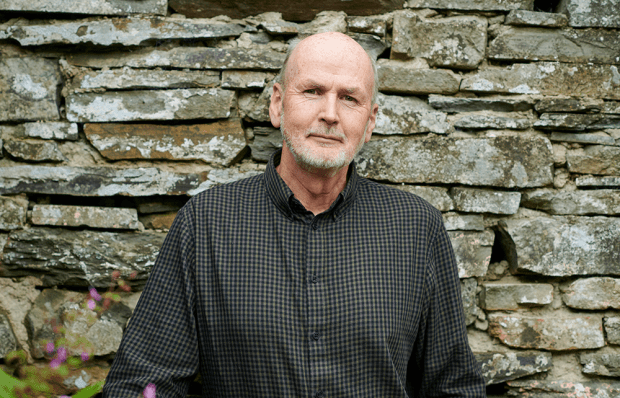‘Ex-wives like us illustrate how this freedom for women turned out to be God’s greatest gift to men,’ quips Patricia, the flapper heroine of the American novelist Ursula Parrott’s 1929 bestseller, which, republished nearly a century later, reveals striking contemporary resonances. Both timeless and unmistakably of its time, this candid portrait of marital breakdown, and the life of a girl about town in Jazz Age New York, took the US by storm at a moment when dawning sexual liberties jostled with lingering Victorian values.
Already a subscriber? Log in
Black Friday sale
Subscribe today and get 10 weeks of The Spectator Australia for just $1
- Unlimited access to spectator.com.au and app
- The weekly edition on the Spectator Australia app
- Spectator podcasts and newsletters
- Full access to spectator.co.uk
Unlock this article
You might disagree with half of it, but you’ll enjoy reading all of it. Try your first month for free, then just $2 a week for the remainder of your first year.













Comments
Black Friday sale
Subscribe today and get 10 weeks of The Spectator Australia for just $1
SUBSCRIBEAlready a subscriber? Log in